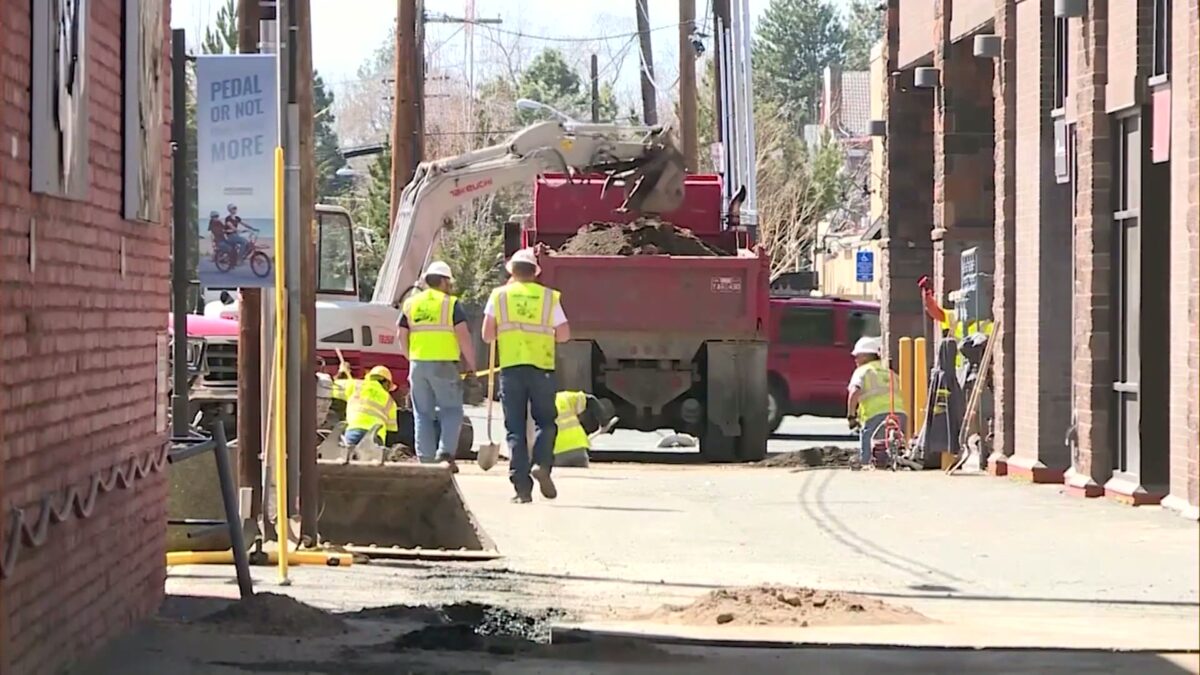Central Oregon faces skilled trade shortage as industry leaders call for action

Tracee Tuesday
REDMOND, Ore. {KTVZ} — Central Oregon is bracing for a critical shortage of skilled trade workers—a challenge that experts warn could affect housing affordability, infrastructure projects, and long-term economic growth. According to the Oregon Employment Department, 25% of the current construction workforce is expected to retire within the next decade. Without enough trained workers to replace them, industry leaders say the state will struggle to keep up with demand. To address the issue, the Central Oregon Builders Association (COBA) hosted an “Industry-Education Happy Hour” on Tuesday night at the Hayden Homes Support Center in Redmond. The event brought together community members, educators, and high-profile public figures, including Deschutes County Commissioners Patti Adair and Phil Chang, as well as former Republican Oregon Senator Tim Knopp. Jason Myhre, Chief Communications Officer at Pahlisch Homes, emphasized the urgency of recruiting the next generation of builders.
“The CTE with the school, the Heart of Oregon, everything that we’re trying to accomplish. So when they do get out into the job market, they’re more prepared than just walking into a construction job with zero experience.” Former Oregon Senator Knopp pointed to the roots of the problem.
“The average age now of plumbers, electricians and people in trades is 55 years old. And so, we’re replacing hundreds of those in Central Oregon every few years. We want kids that are in, middle school and high school to realize that they can be debt free after high school, and make a great wage in the construction industry.” Speakers also highlighted the changing face of the construction workforce. Jenn Kovitz, Community Engagement and Government Affairs Manager at Hayden Homes, said the field is opening up to more women.
“If you look at, COCC or the enrollment in our construction classes…At our high schools you’re going to see more young women in those classes,” she explained. Still, the looming retirements raise a red flag. Myhre stressed that investing in trade education is the key to preventing a crisis.
“We’ve got to change that thought process in our community to where, you know, the trades are just as viable as going to college… it’s just a different pathway.”
Organizers say events like this are designed to spark collaboration between industry leaders, educators, and policymakers—laying the groundwork for long-term solutions to Central Oregon’s labor shortage.